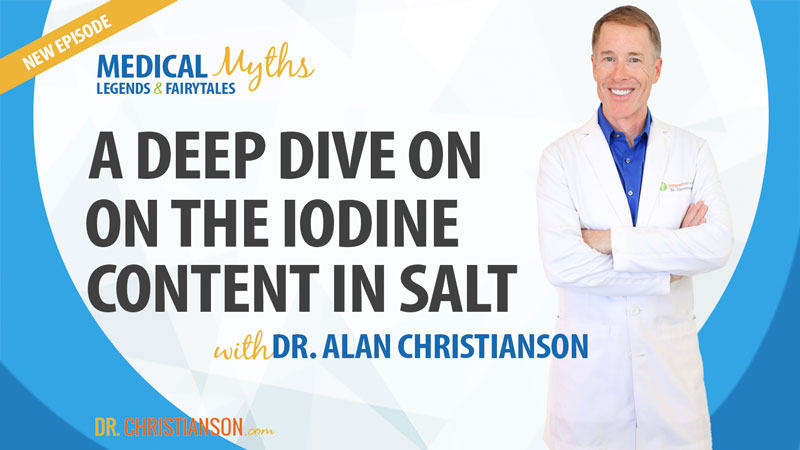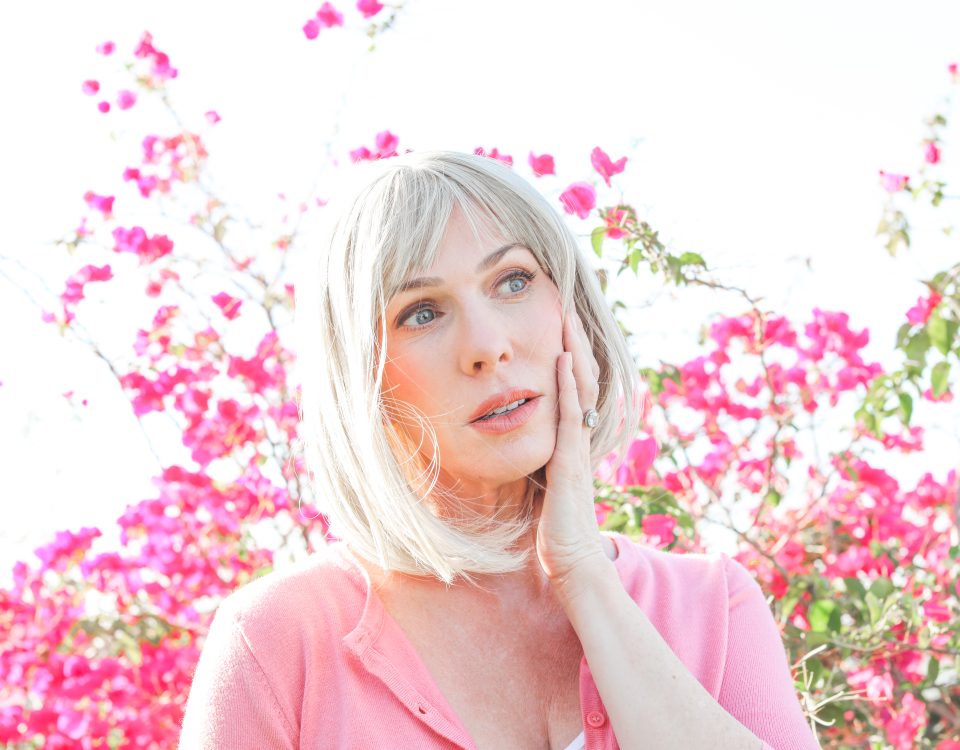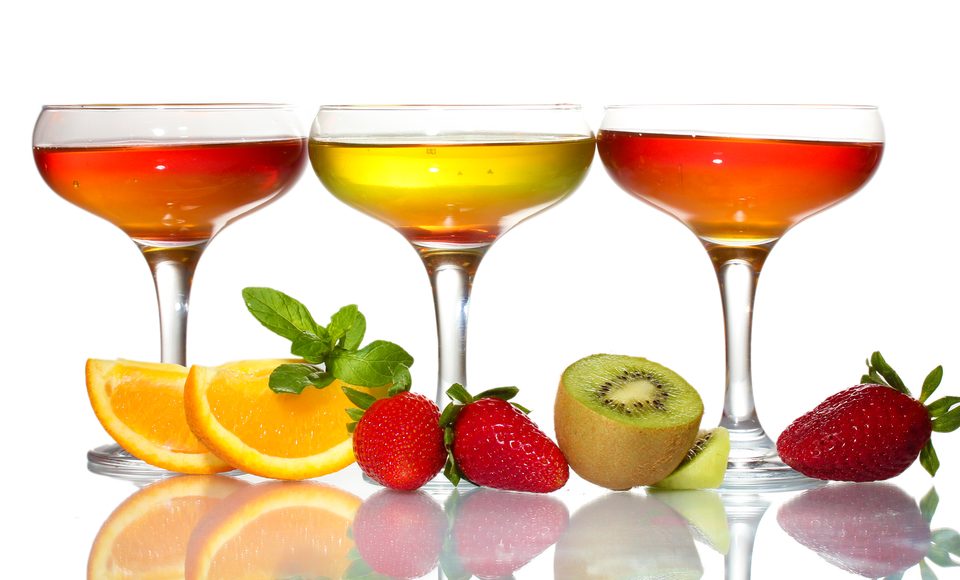Way back in 2003, a study asked whether there could be a link between iodine intake and the risk of breast cancer.
This thought process built on the existing understanding that there was overlap between autoimmune thyroid disease risk and breast cancer.
The main population that led to this speculation were Japanese women on traditional diets. They are known to have a high intake of iodine and low rates of breast cancer.
That said, there are a lot of factors at play here that changes the way we can compare populations. For instance, Japanese women have:
- Lower body weight
- Increased soy intake
- Green tea intake
- Seafood intake
- Increase physical activity (on average)
These are all things that are thought to be more relevant to breast cancer risk than iodine.
Digging Deeper Into Follow-Up Studies
There was one link that emerged surprising many people.
It turns out that having positive thyroid antibodies seemed to be protective against breast cancer.2
Overall, the rates of breast cancer among Japanese women is low, and their dietary intake of sea vegetables is high. Yet, their rate of thyroid disease is also elevated.
One of the more recent papers to address this issue found that those with the lowest iodine levels had one third the breast cancer risk as those with normal-to-high levels.3













